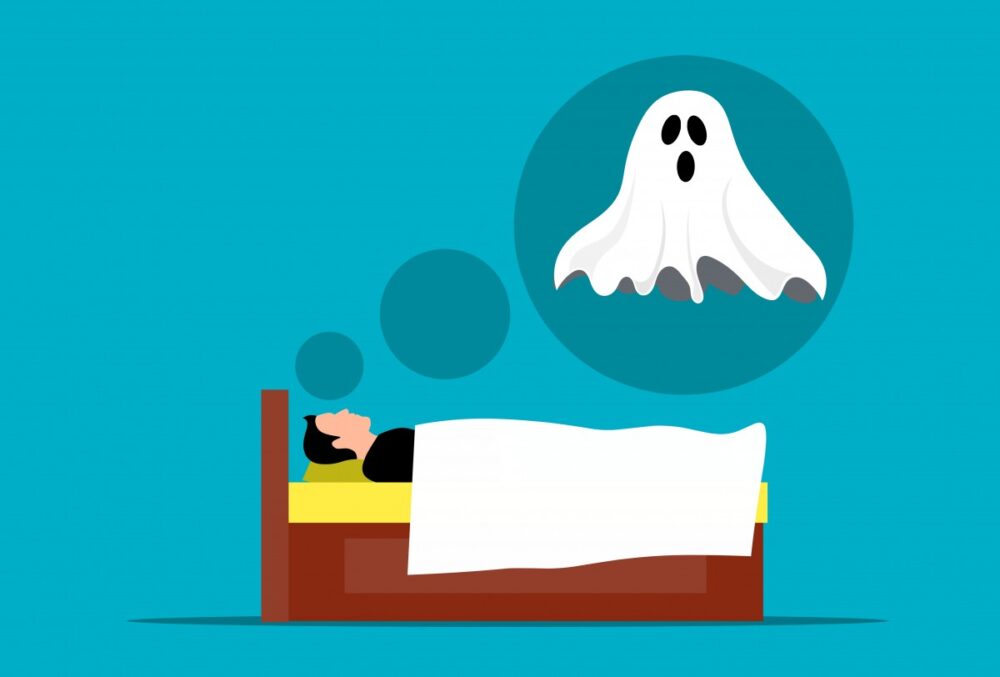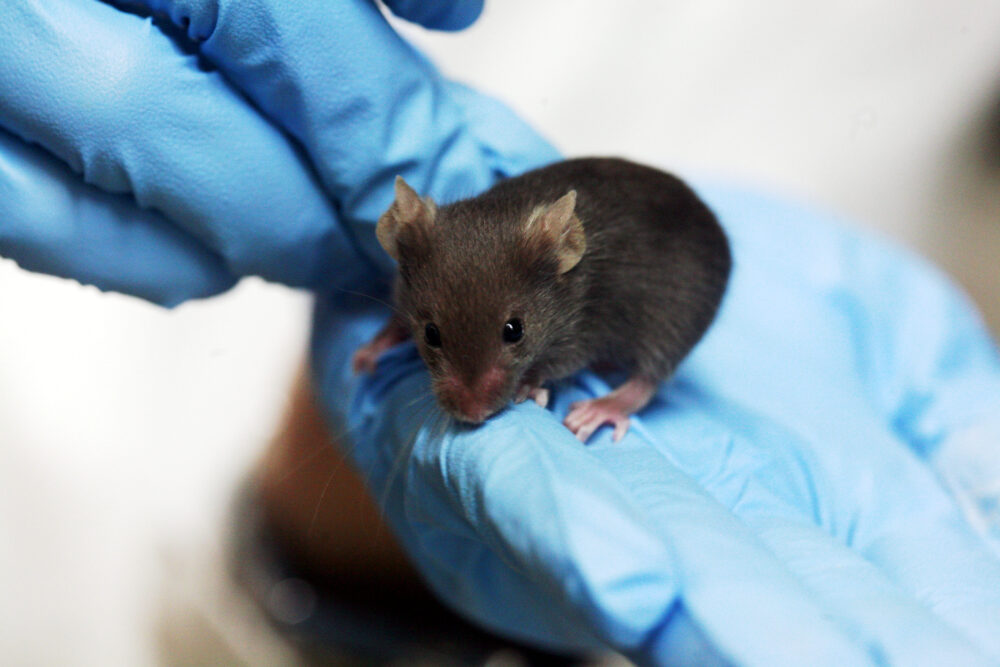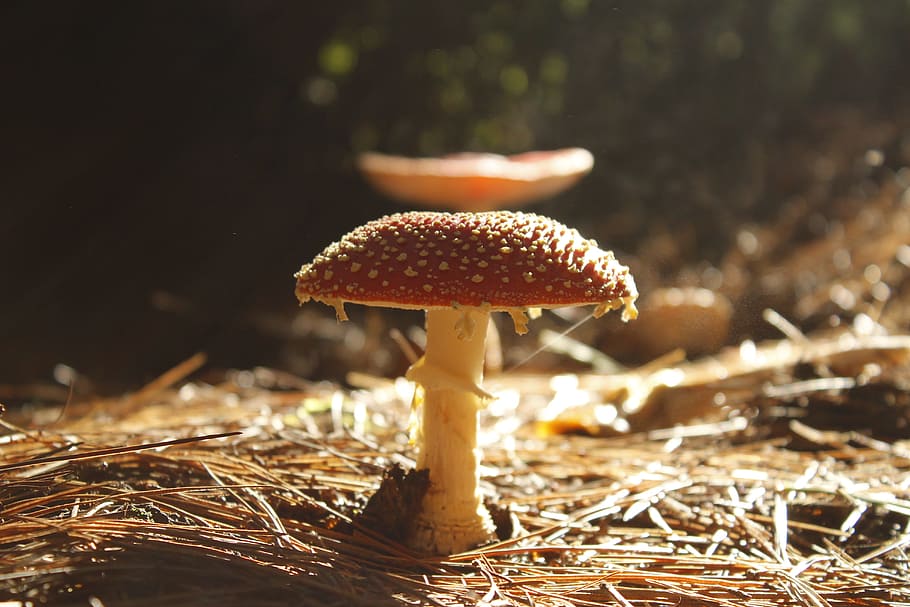When dreams become nightmares: How acting out dreams can predict brain disease
Punching, kicking, throwing — not just daytime activities anymore. For some sleepers, these actions accompany their dream states. When a sleeper reflects what they are doing in their dream in real-time, despite being asleep, it’s referred to as “acting out dreams” or REM sleep behavior disorder (RBD). So instead of punching an attacker, they might […]
When dreams become nightmares: How acting out dreams can predict brain disease Read More »








